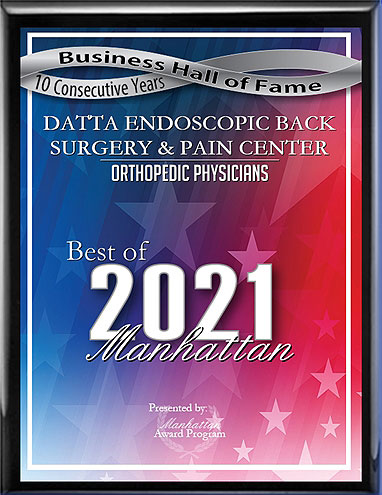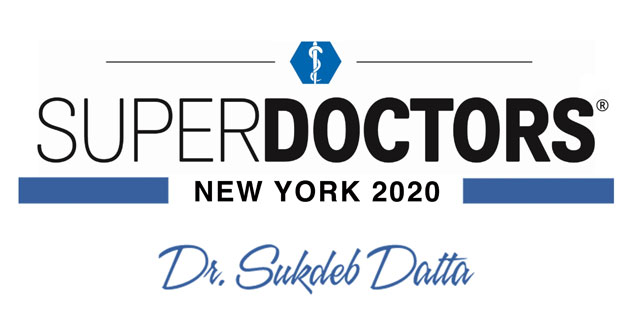
“COULD MY CHRONIC NECK PAIN BE COMPUTER-RELATED?”
An in-office examination is always required for a proper diagnosis, but some cases of chronic neck pain are indeed due to poor desk posture. Cervical disc herniation — also called neck disc herniation — has causes and symptoms similar to lumbar herniated disc, which we discussed in an earlier blog post. These include aging, major and minor trauma, poor diet, tobacco use and a sedentary lifestyle.
Nowadays, these sedentary lifestyles of ours often occur at our desks, where hours of poor posture can result in stress on the cervical spine. As you sitting at your desk, stop a moment and notice the position of your gaze. Notice the position of your body. And consider how many hours a day you are forcing your vertebrae into this uncomfortable position.
What are symptoms of cervical disc herniation?
Cervical discs support and cushion the neck. Hence symptoms of a cervical disc herniation tend to be nerve-related, affecting the shoulders, arms and hands. You may experience numbness, tingling, loss in reflexes and flexibility and a burning pain. As the condition worsens, so will the severity of the symptoms.
“SHOULD I ADJUST MY CHAIR — OR MYSELF?”
Both. You will likely need to adjust your chair, your computer and yourself. First, let’s test whether your laptop screen or your monitor is in the optimum position. Close your eyes and sit comfortably with your head facing forward. Open your eyes. If your eyes are not level with the top third of your monitor, the monitor is either too high or too low, and you are forcing your neck to compensate for the discrepancy.
Here are some best practices for proper desk posture:
• Sitting erect
• Eyes pointing at the top third of your computer screen
• Bent forearms parallel to your thighs
• Elbows at your side, not akimbo
• Feet flat on the floor
• Thighs parallel to the floor
• An armrest to take some of the strain off your neck and shoulders
• Lower back support in your desk chair
“CAN CERVICAL DISC HERNIATION BE TREATED?”
A mild cervical disc herniation may be treated with physical therapy. For severe cases, laser disc surgery is a safer, minimally invasive option that is light years better than the traditional six-month downtime that comes with open back surgery.
Patients come to Datta Endoscopic for laser disc surgery because of what it does and does not involve. It does provide effective relief of the condition through removal of the herniated disc. Your doctor will also decompress the impacted nerve.
Laser disc surgery does not, however, require an overnight hospital stay. There is no scarring, no cutting and no extended recovery time. Learn more about spinal health and pain management. Please contact the Datta Endoscopic office nearest you.
Datta Endoscopic
Dr. Sukdeb Datta of Datta Endoscopic is a highly regarded and widely published specialist. Dr. Datta’s clinical interests have been wide ranging and focused on finding innovative solutions to complex clinical problems associated with chronic pain and spine issues. He believes in constantly evolving and intellectually advancing the field by incorporating the best clinical research and practice using the appropriate evidence-based approach and at the same time incorporating the best in translational pain research.
This blog should not take the place of in-person medical treatment. Consult Datta Endoscopic or your physician for a personalized medical diagnosis and treatment plan.






 EDISCSCULPT
EDISCSCULPT



